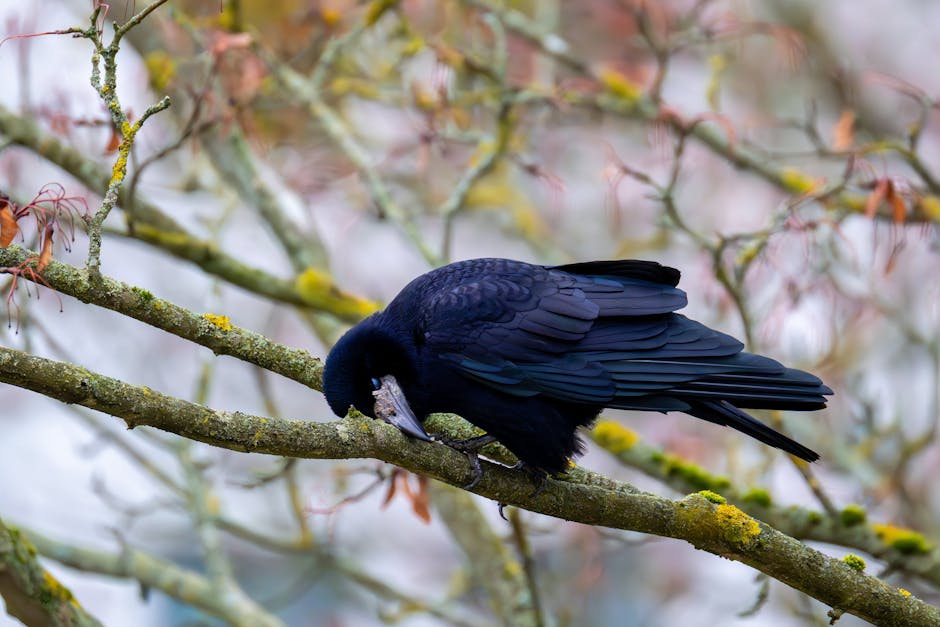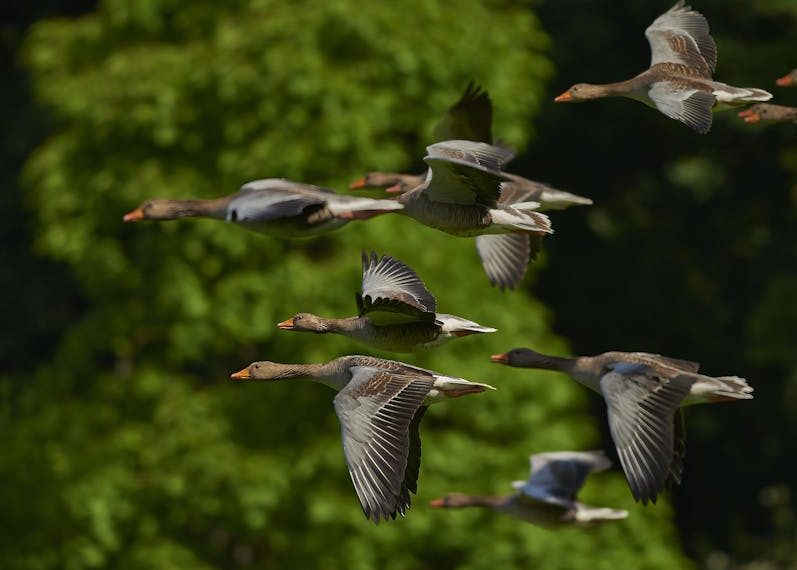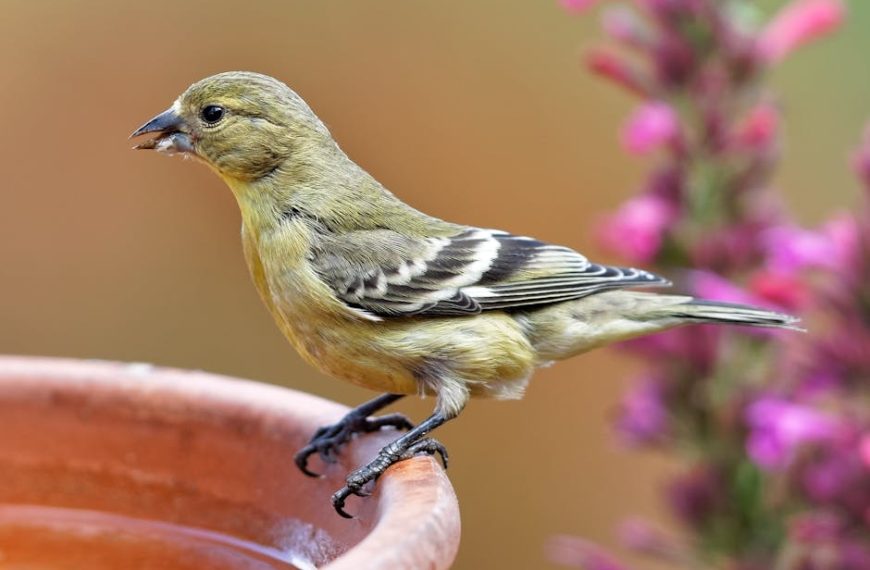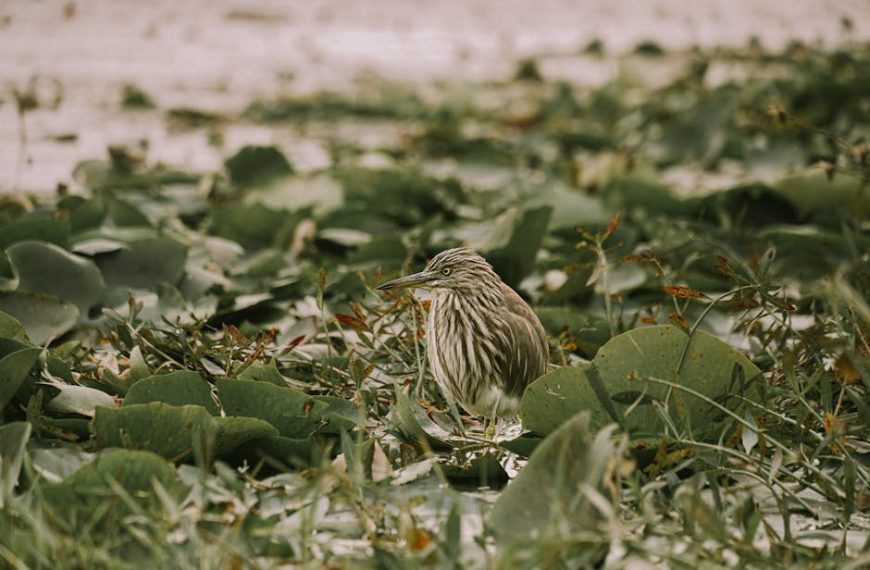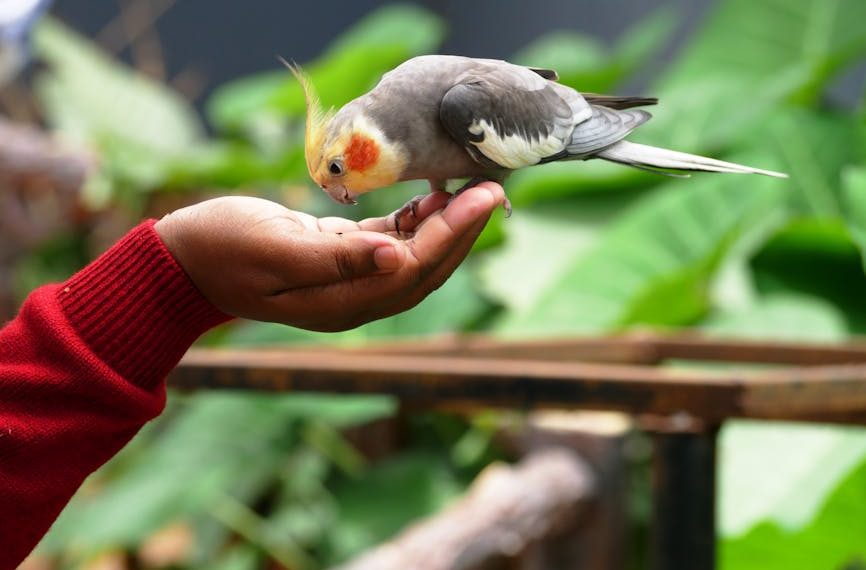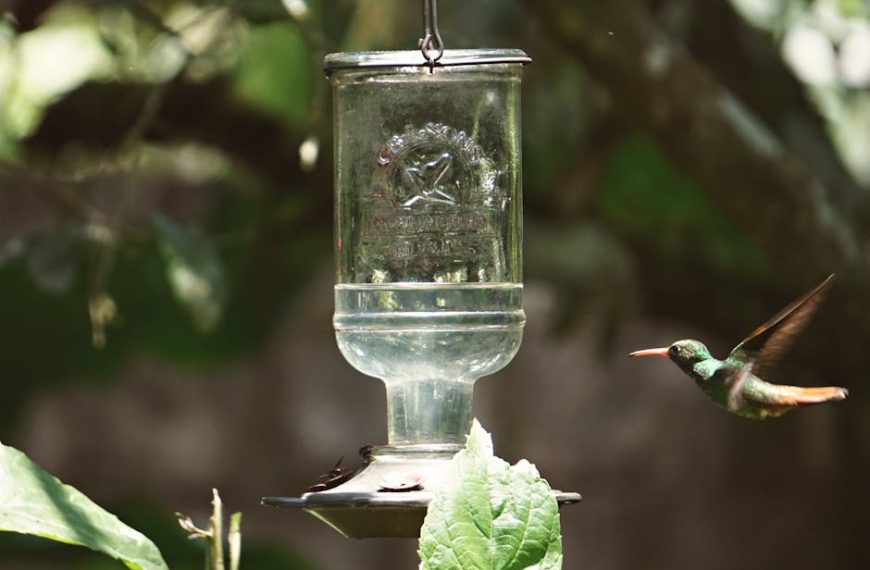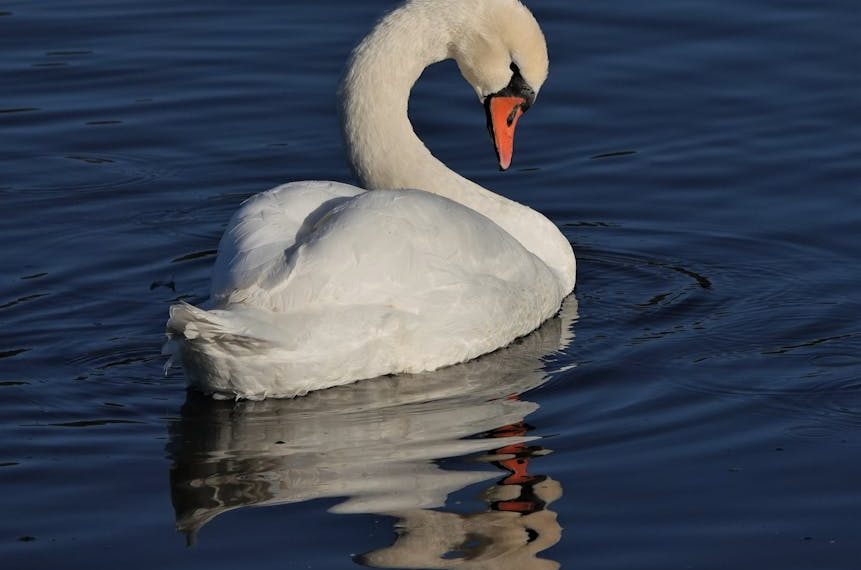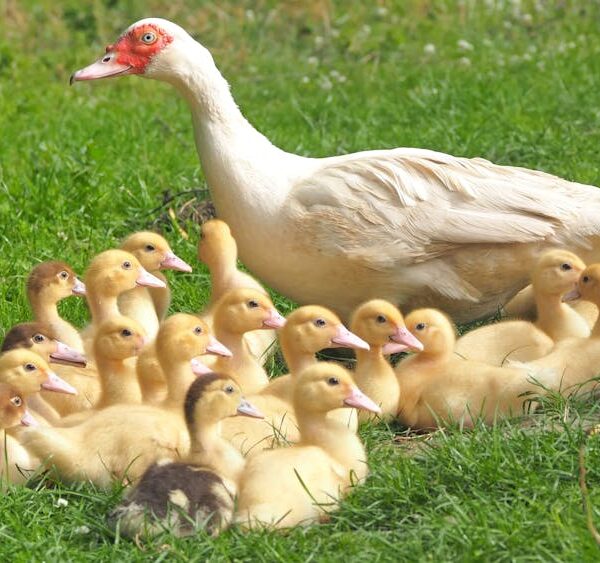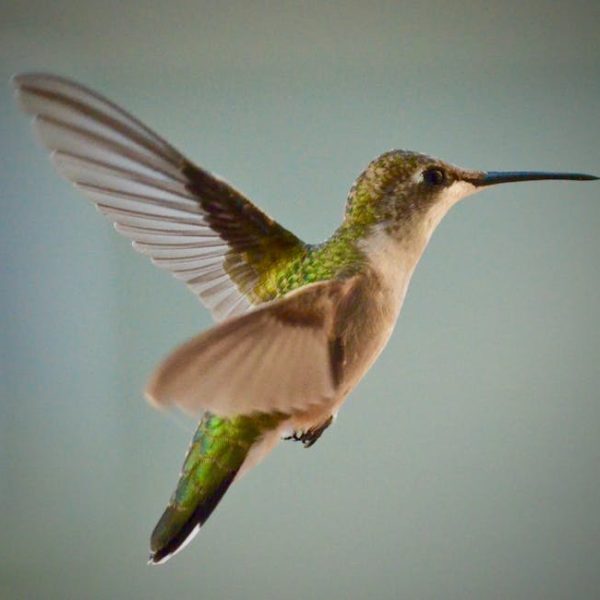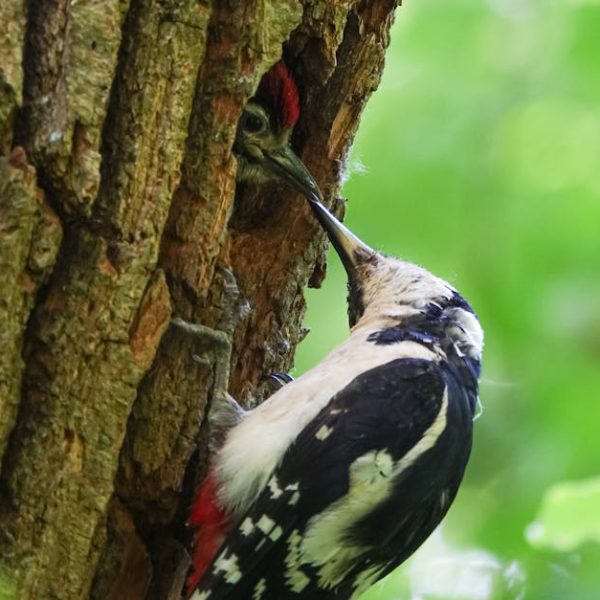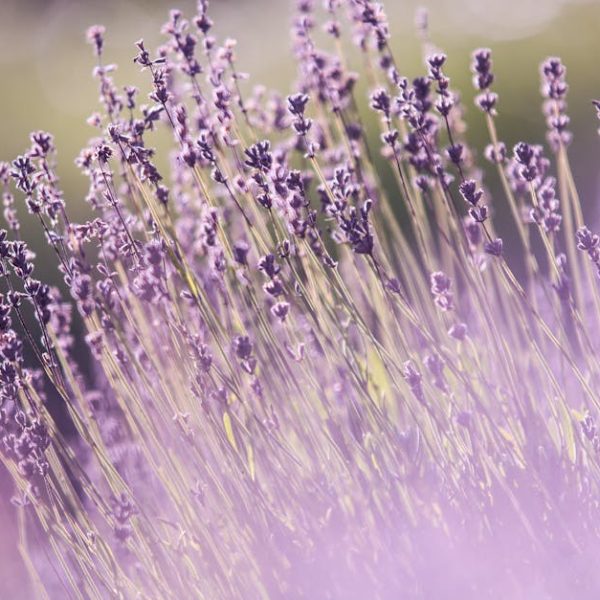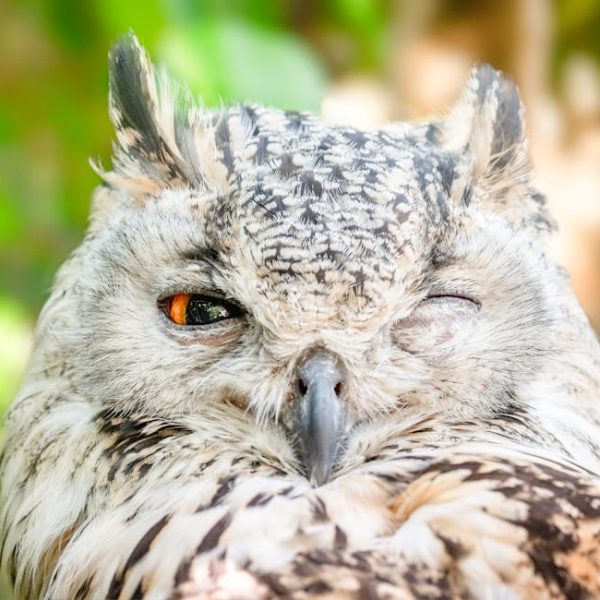When it comes to keeping your feathered friends’ environment clean, the disinfectant you choose makes a significant difference. Unlike humans, birds have ultra-sensitive respiratory systems that react negatively to certain chemicals. And this is precisely why bird-safe disinfectants, formulated with the safety of your pet in mind, are a necessity in bird ownership.
Understanding Bird-safe Disinfectants
Not all cleaning agents are created equal, especially when it comes to our avian companions. Bird-safe disinfectants are distinct because they contain components that won’t irritate or harm a bird’s respiratory system.
Now, do not confuse these disinfectants with ordinary ones you would use in your house. Unlike common disinfectants containing harsh chemicals like phenols, bleach, and ammonia, a bird-safe disinfectant boasts of milder, yet effective ingredients. It’s important to note that misuse of regular disinfectants can result in problematic health conditions for birds, including respiratory distress and even death.
To help you make an informed decision, here are the top components or ingredients to look out for in bird-safe disinfectants:
- Quaternary ammonium compounds (QACs)
- Hydrogen peroxide
- Organic acids such as citric acid and vinegar
Importance of Using Bird-safe Disinfectants
The safety and well-being of your bird are paramount. Therefore, using a bird-safe disinfectant helps protect your bird’s health by eliminating harmful bacteria, viruses, and fungi without risking exposure to harmful fumes.
Wondering how to harmonize cleanliness and safety in your bird’s environment? Here’s a handy guide:
- Clean the birdcage and play areas daily with mild soapy water.
- Weekly in-depth cleaning should involve scrubbing using a bird-safe disinfectant.
- Always air out the cage or play area, allowing the disinfectant to evaporate before reintroducing your bird.
In maintaining a clean space for your bird remember to replace all toys, feeders, and bedding after disinfection, opting for ones that are easy to clean and are made from bird-safe materials.
Top Bird-safe Disinfectants in the Market
Many bird-safe disinfectant options in the market can effectively clean without subjecting your pet bird to harmful toxins. Some of these come in various formats such as sprays, wipes, and concentrates, all meant to cater to different cleaning demands.
Here’s a comparison of top bird-safe disinfectants that might come in handy:
| Brand | Efficacy | Price | Availability |
|---|---|---|---|
Look out for specialty pet stores to purchase these disinfectants. You can also find them in online marketplaces such as Amazon. Remember, always read product reviews before purchasing as they give an insight into the product’s effectiveness.
How to Use Bird-safe Disinfectants Effectively
Merely purchasing a bird-safe disinfectant is not enough, you also need to know how to apply it correctly to guarantee maximum effectiveness and your bird’s safety.
Follow this checklist for a thorough disinfection process:
- Remove your bird and all toys, feeders, and bedding from the cage.
- Rinse the cage and play areas with warm water to remove any visible dirt.
- Apply the bird-safe disinfectant as per manufacturer guidance.
- Allow the disinfectant to sit for the recommended contact time.
- Rinse thoroughly with water and let the cage air dry completely. The drying stage is integral as it allows any remaining disinfectant to evaporate.
Regular disinfection is crucial. Daily cleaning helps manage dirt and bacteria, but a comprehensive disinfecting routine should be done at least once a week. Keep in mind that the timing of disinfection should not disturb your bird’s routine. Early morning or late evening, when the bird isn’t very active, are the best times for cage maintenance.
Alternative Methods to Disinfect Bird Environments
While commercial bird-safe disinfectants are effective and convenient, you can also explore natural alternatives for disinfecting your bird’s habitat. Homemade disinfectants can be just as effective while also being eco-friendly – all without breaking the bank!
Here are possible ingredients you can use in a homemade bird-safe disinfectant:
- Vinegar and water mixture: Vinegar is a natural disinfectant that can kill most bacteria and viruses.
- Baking soda: Great in removing tough stains and odors.
- Lemon juice: Not only cleans but also leaves a fresh, bird-friendly scent.
Please, remember to apply the same principles of thorough rinse and dry as with commercial disinfectants. Also, as with any new introduction to your bird’s environment, monitor your bird’s response to these natural disinfectants. Although they’re generally safe, unusual behaviors should warrant immediate discontinuation and consultation with a vet.
Keeping birds as pets can be incredibly fulfilling. However, safeguarding their health should be your utmost priority. With this guide, maintaining a clean, healthy, and bird-friendly environment just got that much easier! Happy bird keeping!
Key Takeaway:
- Birds have sensitive respiratory systems which makes it important to choose disinfectants suitable for their safety.
- Bird-safe disinfectants are gentle on birds’ respiratory system yet effective enough to eliminate harmful bacteria, viruses, and fungi.
- The top ingredients to look out for when choosing a bird-safe disinfectant include quaternary ammonium compounds, hydrogen peroxide, and organic acids such as citric acid or vinegar.
- Regular cleaning and a comprehensive disinfecting routine should be done weekly to best maintain a bird’s environment.
- Alternative ingredients for homemade bird-safe disinfectants include vinegar, baking soda, and lemon juice.
Understanding and caring for our avian friends can be challenging but ultimately rewarding. It is our responsibility to ensure their environments are not only clean, but also safe. Choose bird-safe disinfectants and follow the effective use tips shared in the article. Utilize this guide as a first step towards creating a better home for your feathered companions.
FAQs
Q: Are there any homemade solutions I can use as a bird-safe disinfectant?
A: Yes, you can use a mixture of water and vinegar, baking soda, or lemon juice as homemade bird-safe disinfectants. Make sure to rinse thoroughly and air-dry afterwards.
Q: How often should I disinfect my bird’s cage and toys?
A: You should do a basic clean of your bird’s cage and toys daily but do a comprehensive disinfecting routine at least once a week.
Q: Can I use typical household disinfectants for my bird’s cage?
A: Avoid using regular household disinfectants as they may contain harsh chemicals which can be harmful to birds’ sensitive respiratory system. Stick with bird-safe disinfectants or homemade solutions.
Q: Where can I purchase bird-safe disinfectants?
A: You can purchase bird-safe disinfectants from specialty pet stores or online marketplaces such as Amazon. Always read product reviews for insight into their efficacy.
Q: If I choose to buy bird-safe disinfectants, what ingredients should I look out for?
A: Look for ingredients like quaternary ammonium compounds, hydrogen peroxide, and organic acids such as citric acid or vinegar.
Feel free to share this article with other bird parents and explore more posts on our website!
